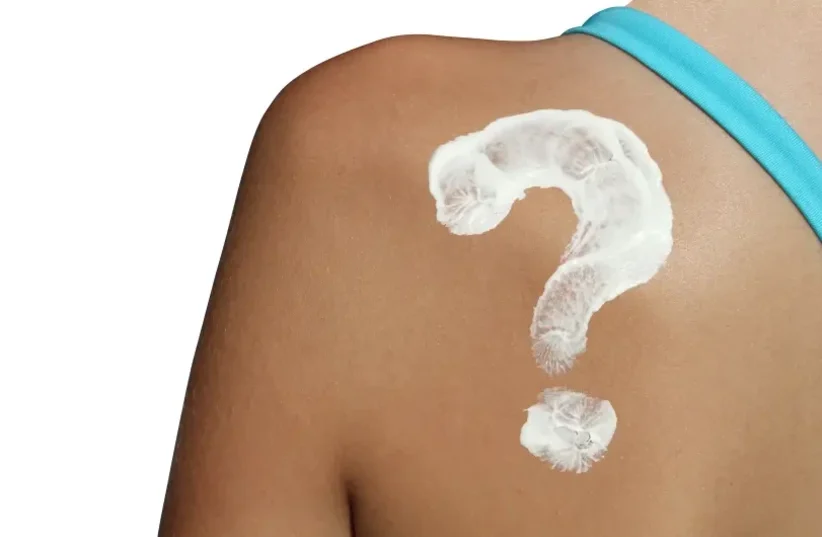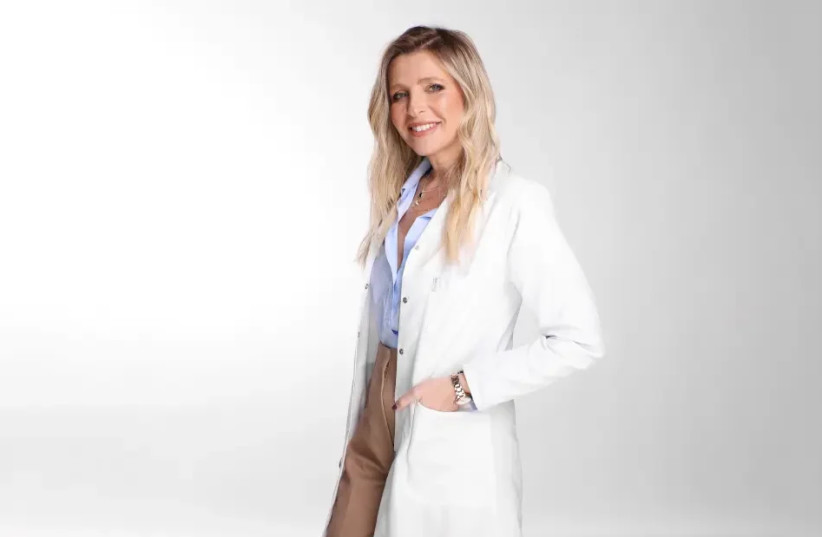Dr. Lehavit Akerman, a dermatology specialist, explains, "Sun damage accumulates slowly over the years. Initially, the body can repair it and prevent damage, but over time, the skin's repair ability diminishes, leading to signs of sun damage such as skin cancer, spots, wrinkles, and overall skin tone changes. 30% of the skin's protective capacity is utilized during childhood."
Dr. Akerman further adds, "Harmful radiation is divided into two types - UVA and UVB. UVB, previously considered the only harmful radiation, causes sunburn, burns, and skin cancer, and its effects are reflected in the SPF level. UVA causes DNA changes, premature skin aging, and sun sensitivity."
"The recommendation is to apply sunscreen daily, even on days with no direct sunlight. This helps protect the skin from sun damage and prevents excessive damage near the sun. Even on cloudy or rainy days, sunscreen helps protect the skin from sunlight passing through the clouds or exposure through windows."
Today, pharmacy shelves are filled with numerous sunscreen products, but not all are highly effective. Sunscreens are products designed to protect the skin from sun damage. When choosing a sunscreen, it's important to consider the SPF (Sun Protection Factor), which indicates how long the provided protection lasts against UVB rays, and ensure that the sunscreen also provides protection against UVA rays.
Over the past decade, research shows that these may not be the only light rays people need protection from; blue light emitted by the sun and digital devices may also harm the skin. Blue light, part of the visible light spectrum, with wavelengths between 380-450 nanometers, is one of the highest energy wavelengths.
The primary source of blue light exposure is the sun, but we also receive it from digital screens such as computers, smartphones, tablets, TVs, and certain types of indoor lighting. Blue light exposure equivalent to an hour and a half of sunlight in summer is equivalent to two weeks (1000 hours) of constant screen exposure. Avon sunscreens contain TriAsorB, the world's first filter offering optimal protection from UVB and UVA rays and protection from blue light up to 420 nanometers. These contribute to pigmentation and skin aging.
Important Tips from Dr. Lehavit Akerman: How to Choose the Right Sunscreen for the Israeli Summer:
- The sunscreen should be from a reputable brand/company and meet a quality standard. It should be labeled with both SPF (to protect against UVB) and UVA protection.
- SPF should be between 35 to 50; there is no need for a higher factor.
- Adjust the texture of the sunscreen to the age, skin type, and activity. For example, a thick sunscreen may not be suitable for sweaty athletes.
- Reapply every two hours during outdoor activities, and apply sunscreen half an hour before going outside.Use sunscreen specifically designed for children.
- Layer moisturizer and sunscreen; there are products that combine both.Those prone to pigmentation should use high-protection sunscreen and incorporate treatments to correct pigmentation spots.
- Women often wonder whether to apply moisturizer or sunscreen first; it is recommended to combine both in one product.
- Sunscreen sticks are convenient for carrying and for sensitive areas like eyes and lips.Avoid leaving sunscreen in the car during summer; high temperatures can degrade its effectiveness.
Dr. Akerman concludes, "In general, prolonged exposure to the sun is not recommended and can cause skin damage. Therefore, despite using sunscreen, it is recommended to limit sun exposure, especially during peak hours." Have a healthy summer.

